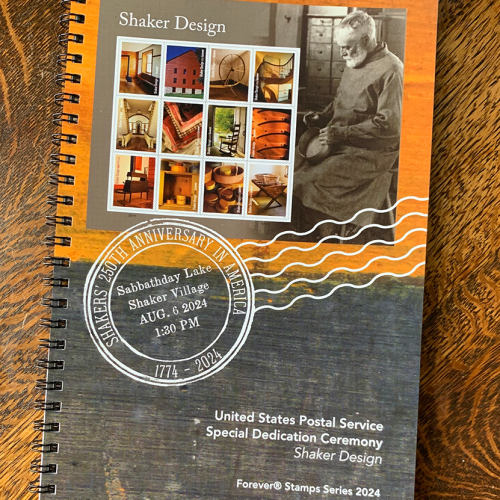-
A Tale of the Gilded Age, 1860-1900 by David L. Richards Between 1860 and 1900 the Ricker family's rustic frontier farm became the world-renowned summer community of Poland Spring, Maine, a middle landscape where upper-middle-class patrons and their urban values of status, leisure, and consumption confronted, flirted with, embraced and ultimately subsumed traditional, rural New England. First and foremost a cultural study, Poland Spring chronicles the rise of a nineteenth-century tourist mecca. By successfully linking its fortunes to the railroad and tourism, Poland Spring became home to both a classic manifestation of the magnificent Victorian summer hotel culture of the Northeast, the Poland Spring House, and to the legendary business that originated one of the most popular and enduring brands in the mineral water marketplace, the eponymous Poland Spring. This complex story represents a fascinating microcosm of the blossoming of the vacation trade and tourism in nineteenth-century New England, the emergence of the "springs" phenomenon, the development of entrepreneurialism into corporate capitalism, and the extension into the rural Northeast of the modern values that still predominantly shape the American cultural landscape. Scholars interested in regional, business, and tourism history as well as modernist studies will find much to admire in this progressive cultural history of the Gilded Age, to which historian David Richards brings impeccable scholarship and an energetic narrative style. University of New Hampshire Press, 316 pages, paperback ISBN: 978-1584654827
-
Honoring the 250th anniversary of the Shakers' arrival in America and their enduring influence, and the United States Postal Service releasing the Shaker Design commemorative stamp sheet. This spiral-bound 9" x 6" book is printed full-color and is a limited-edition printing designed and published by The United Society of Shakers. Includes never-before published historic photographs to illustrate the following chapters: -Official Stamp Brief, illustrated by Michael Graham with items from our collection -A Photoessay of Shaker Village, Sabbathday Lake, Maine by Michael Freeman (for 1987's Shaker Life, Work, and Art) -The Shakers and Their Post Office by Michael S. Graham, presenting research by Nancy L. George -A Brief History of the Post Office, Sabbathday Lake, Maine by Sister Eleanor M. Philbrook (for the Shaker Quarterly Spring 1964) 84 pages. Published July 2024, United Society of Shakers.
-
By Thomas P. Blake and the New Gloucester Historical Society Named by the proprietors from Gloucester, Massachusetts, New Gloucester began as a frontier town, as it was the most inland settlement in Maine at the time. Incorporated in 1774, the town has been called home by such notables as mapmaker and author Moses Greenleaf, artist D. D. Coombs, original proprietor of the town of Foxcroft Joseph E. Foxcroft, traveling minister Ephraim Stinchfield, Abraham Lincoln's secretary of treasury William Pitt Fessenden, and abolitionist Samuel Fessenden. Shaker societies were set up in nine states, but the Sabbathday Lake Society, founded in 1783, is now the only active Shaker community remaining. With a long history of lumber mills and farms, New Gloucester is also home to Pineland Farms, the former site of the Maine Home for the Feeble-Minded, established in 1908, and now a renovated 19-building campus and 5,000-acre working farm. Arcadia Publishing, 128 pages.





